Literacy, Culture and Development: Becoming Literate in Morocco
Literacy is thought to be one of the primary cultural transmitters of information and beliefs within any society where it exists. Yet, when considered as a social phenomenon, literacy is remarkably difficult to define, because its functions, meanings, and methods of learning vary from one cultural group to the next. This book compares and contrasts our understanding of literacy and its acquisition and retention. It addresses major debates in education policy today, such as the importance of 'mother-tongue' literacy programs, the notion of literacy 'relapse', and the concept of educational poverty. The author focuses on Moroccan children whose parents are unschooled, whose language is often different from that used in the classroom, and whose first instruction often involves rote religious teaching.
{{comment.content}}
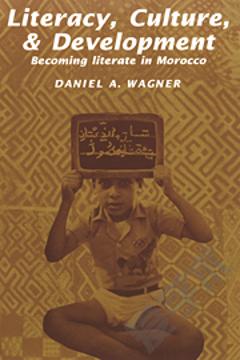
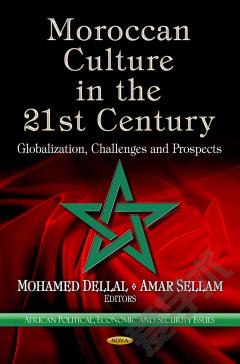
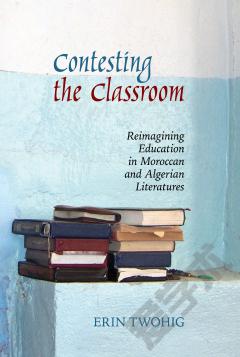
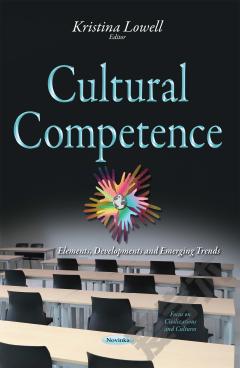

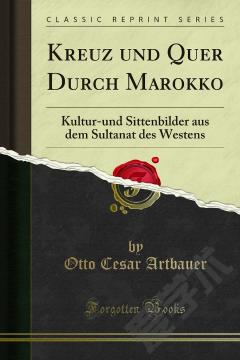
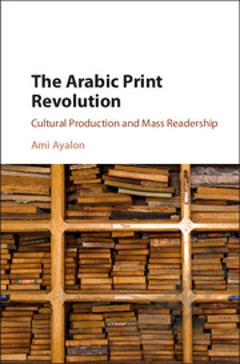

 京公网安备 11010802027623号
京公网安备 11010802027623号